Twitter, the social media site that has come to chronicle everything from world events to everyday lunches, announced on Thursday that it intends to make its stock market debut.
The confidential filing – revealed, naturally, in a tweet on the company's official account – sets into motion one of the most anticipated initial public offerings in tech history. It has also been one of the most coyly sidestepped topics by the company's executives.
Recently, Twitter CEO Dick Costolo spoke at the AllThingsD conference in July where he compared the constant questioning about an IPO to sports: he portrayed himself to a football player trying to catch a pass, "while people are yelling at him from the sidelines asking him, 'What are you doing after the game?'" according to the site.
It is likely that Twitter was forced to file for an IPO because, like Facebook, it had enough private investors that regulations required it. The Jobs Act, passed in 2012, requires a company in the US to go public if it has more than 2,000 private investors.
Earlier this summer Costolo said he objected to "short-term thinking" about revenues. Twitter's confidential filing indicates that it has under $1bn revenues. Under the rules of the Jobs Act, only companies with under $1bn in value may file secretly; bigger companies have to file public documents.
Once the contents of the filing are revealed, they will also shed light on one of the most mysterious questions in tech: the mystery of how Twitter – which thinks of itself as "the global town square," in Costolo's terms – plans to make an appreciable amount of money.
The company claims 200 million users sending over 400 million tweets daily, nearly 60% of those through mobile devices like smartphones.
Earlier this summer Costolo said he objected to "short-term thinking" about revenues, and the company is thought to have less than $1bn in revenues.
Despite its reach, many have found deducing the company's value to be difficult. In January, when the investment firm BlackRock bought a stake, Twitter was estimated to be worth $9bn; by May, estimates of Twitter's value had ballooned to $10.5bn, according to GSV Capital Corp.
None of those numbers are likely to be the size of the IPO. Companies traditionally sell less than 20% of themselves when they debut on the public markets.
Twitter was seen as setting the IPO into motion last year, when it completed a cluster of acquisitions to centralize its power over the distribution of tweets.
Twitter is the last in its class to go public. Other big media companies, including Linkedin and Facebook, already command billions of dollars of value in the public markets. Linkedin is worth $32bn in stock while Facebook's market value is $108bn.
On Wednesday Mark Zuckerberg, the co-founder of Facebook, was asked at a Tech Crunch conference whether he had any advice for Twitter when it goes public. He said that the IPO process "is actually not that bad."
As a public company, Twitter will be under pressure to show innovative ideas to make money. One analyst believed the company could take its cue from Facebook, which eased advertising into the social stream of its users and raised its revenues as a result.
"When they price the stock, the price will be based on something more than hopeful dreams," said Roger Kay, founder of Endpoint Technologies Associates. "If they start to put ads in, it's going to change the user experience. They haven't educated their users to accept the presence of ads."
If Twitter manages to find a sustainable business model, some analysts believe the company has a better chance in targeting its ad efforts to businesses rather than charging consumers.
Nate Elliott, an analyst at Forrester Research, noted that Twitter has wooed marketers, for instance, by debuting "Twitter Cards," which allow tweets to show not just text but also larger photos and video within the site. That feature is often used by companies wishing to advertise prominently on Twitter or showcase clever ad campaigns without forcing users to click on a separate link.
Twitter has also tried to lure companies that advertise on television shows to see the site as a "second screen" where users can chat about TV and current events in real time. Elliott noted that effort "has not been a success" financially but shows Twitter's willingness to experiment with ways to make money.
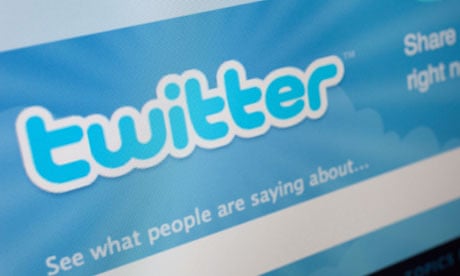


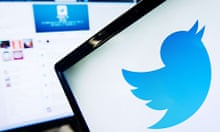

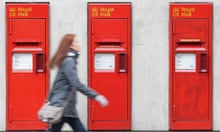

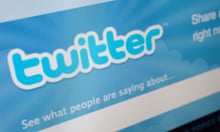
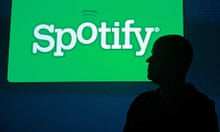
Comments (…)
Sign in or create your Guardian account to join the discussion